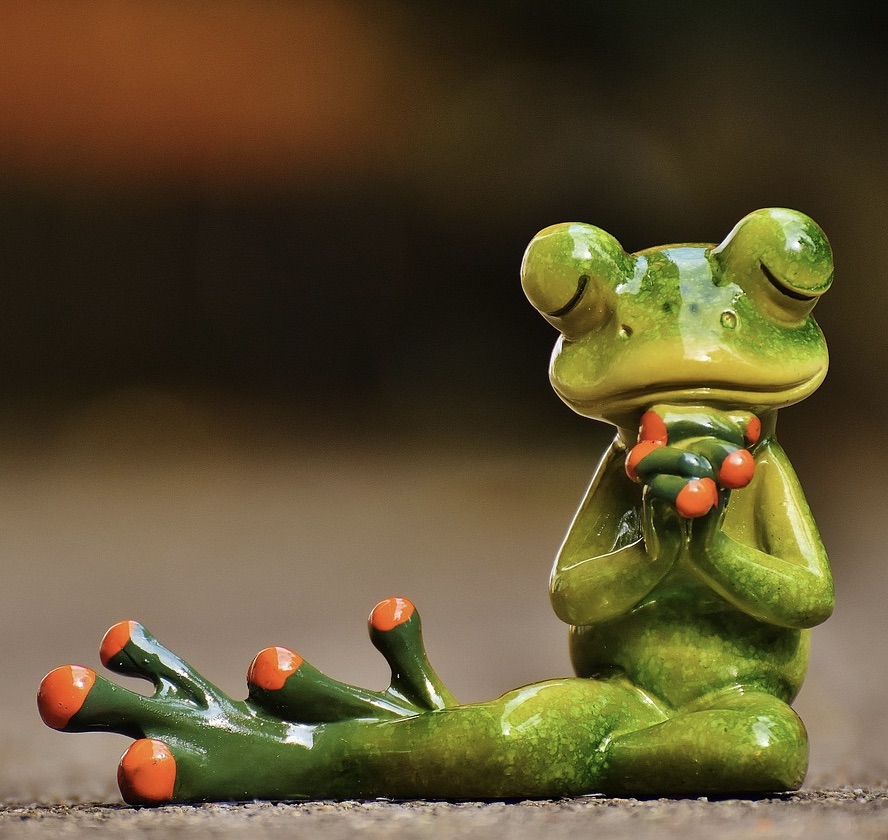On L.A. Johnson’s Little Climates
Tyler Mills
Masterful in their handling of tightrope-wire tension, the poems of L.A. Johnson’s debut chapbook Little Climates explore the urgency that the lyric utterance can craft between speaker and addressee. But not only that—these poems infuse intimacy with an awareness of looming environmental disasters. Consider the beginning of the poem “Atlas”:
Untouched as a spoon, I wake
to the sound of your breath locked
in your throat, like a fox
fallen to the bottom of a well.
All rituals abandoned, the sun comes
through the shades. In silence, I learn
the cartography of a fire burning.
The tragic entrapment of the you’s “breath” is “locked”; the speaker is unable to free this breath as much as they are unable to do anything about the California landscape unrelenting in its evacuation of moisture. Later, the poem turns evermore outward, away from the “bed / that becomes an island” and to the arid climate and its stark beauty: “water / evaporates from the salt ponds:// one becomes aquamarine, another / magenta.” “Atlas” crafts an “I” inflected with a landscape of ruinous change.
What I especially admire about Johnson’s poems is how serenely they appear to move from line to line, from couplet to couplet, or from stanza to stanza—paced with a gorgeously lyrical and measured rhythm—yet how tensile these forms become in relationship to their subjects. Achieving this kind of flexible clarity is deceptively challenging; so many contemporary poems don’t craft the line in accordance with the ear with this level of skill. But in the poems of Little Climates, you can hear the lyricism of the line as it shapes the rhythm and fills the form that drives the poem forward. In “Auroras,” the speaker regards a frozen lake and senses its voluminous mobility and heft: “I can feel the weight of a flood, // the granite of you sealing together.” In a lyric moment like this one, nothing is stable, no matter that “the lake water is all quiet.” The landscape might be calm–but it is dangerous. Everything hinges on this duality, which the speaker names an “illusion”: “This is the illusion / of ice: stillness, suspension, possible safety.” Johnson crafts the list across the line with a perfect sense of what this kind of horizontal progression can achieve. “Stillness” becomes “suspension,” which becomes not safety, but “possible safety,” which in turn brings us to an end-stopped line that seems so stable in what it offers that it is tempting to be lulled. Yet the more we interrogate this “possible safety,” the more we are lured into its dangers.
Beautifully crafted, Johnson’s stanzas are indeed “little rooms” rich with their own “little climates” that refuse to be contained, inasmuch as they luminously shape their content. As “Provenance” begins,
High tides and yellow flags, signs warning us
of tsunamis, but we can’t be cautioned,
too wonder-sick for what’s below the highest
white caps.
The break across this stanza mimics the emotional landscape the poem presents, the allure of the tide, the wonder at what is below the surface of the waves. L.A. Johnson’s Little Climates connects intimacy with larger systems—the movement of the sea, tectonic plates, and wildfires—and reflect on the split between the human world and the forces of nature. The domestic space becomes an ecosystem in itself and invites us to think about what the “I” beholds and what is alluringly almost beyond perception. These are poems rife with a quiet tension, which brings us all the more to a point of crisis. As a chapbook, L.A. Johnson’s Little Climates is immaculately crafted.
AURORAS
The foam line of the lake breaks into ice.
I can feel the weight of a flood,
the granite of you sealing together.
Still, the lake water is all quiet, no smell
of rain. No sense of struggle or lungs folding.
Tiny algae float, stagnant. This is the illusion
of ice: stillness, suspension, possible safety.
Shrouded by my own veil, I never saw
the wet pearls appearing out of nothing.
Physics cannot explain midnight ideas,
how to close windows against water.
Today there should be no reason
for someone to drag the lake. No hooks
to use and put away. No delivery
of the polar news that we spend this life
following the most unworthy arrows.
originally appeared in The Massachusetts Review
OARFISH
Rarely seen, they are washing up
on shorelines from Catalina to Santa Cruz.
Legend says the slime-covered, fatty beasts
mean bad luck, like the hundreds that beached
themselves in Japan right before the tsunami.
On fault lines, houses twist imperceptibly,
bending wood frames away from rafters.
The structural distortion can be seen only
from the street. Aseismic creep cracks
sidewalks, bows curbs. The tectonic plates
shift, displace horizontally, slowly ripping
towns in two. Asbestos settles in the breaks.
There are always signs we chose not to see.
Sinister changes appear on the ocean floor,
like scissors left by accident in bed.
The last fish just rolled in to Oceanside,
mouth agape in the afternoon low tide.
I am its encountering schoolchild, surprised
to find both the monster and miracle.
originally appeared in Nimrod International Journal
PROVENANCE
High tides and yellow flags, signs warning us
of tsunamis, but we can’t be cautioned,
too wonder-sick for what’s below the highest
white caps. Your arm span severs the wind,
propels you effortlessly into the ocean. I wade
up to my knees, then drop in backwards, blind.
Necessity moves us underwater, while a nascent moon
whites the beach. We want to become invisible,
let our bodies drift soundless through the elements.
Beneath us, an empire of intense pressure
waits in darkness. Animal detritus softens
into sea snow, exposing the water columns down
to the ocean floor. Lower still, our only light is red.
Now transparent and defenseless, we swim deeper
to somewhere no human has ever seen. Water blocks
all hearing in our ears. It is July; it could be any season.
SHAPESHIFT
i.
Haze occludes the sunset
and I confuse the diffuse of orange
for the sun itself, danger with potential.
ii.
Lying in a field of wildflowers,
I fall asleep with wet hair. I dream
the names of stars, the myth of language.
iii.
Bats circle low in the air, cry
in the chimney. All evening I watch
their violent contours of longing.
iv.
A star shatters, the night expands.
Your weighted body, learned by heart.
In the without-light, I give of myself.
v.
My brain is only archive and flotsam,
my face willfully blank. Noiselessly,
I move into the dusty clearing.
vi.
Stars reveal their combustible selves.
Desire opens into a salt sail
under the smoke-filled sky.
Editor’s note: We’re proud to collaborate with the Durham-based publishers Bull City Press and Backbone Press to feature work from their latest chapbooks, including L.A. Johnson’s Little Climates, which is now available for purchase.

L. A. JOHNSON is from California. She received her MFA from Columbia University and is currently pursuing her PhD in literature and creative writing from the University of Southern California, where she is a Provost’s Fellow. She has received scholarships and fellowships from Vermont Studio Center and Sewanee Writers’ Conference. Her poems have recently appeared in The American Poetry Review, Alaska Quarterly Review, The Iowa Review, Narrative Magazine, The Southern Review, and other journals.



![Monument for Inger Christensen. Photo by David Stjernholm. Featured image for [o] by Kristi Maxwell.](https://atlengthmag.com/wp-content/uploads/2025/06/Monument-for-Inger-Christensen_Kaare-Golles_002_Photo-by-David-Stjernholm-1280x914-1.jpg)
